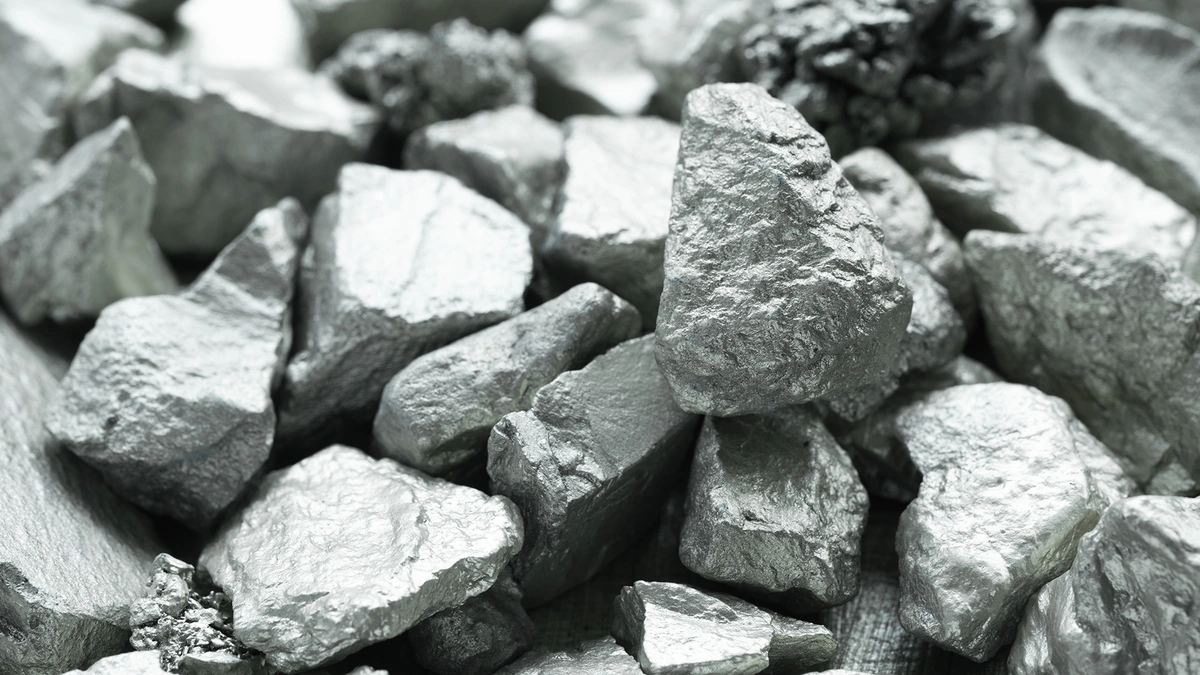So, China’s playing hardball again, huh? Restricting rare earth exports right before talks with Trump? It’s like setting the stage for a high-stakes poker game. But the real question is: why should we in India care? What’s the deal with these rare earth minerals anyway, and how does this affect us directly? Let’s dive in; it’s more interesting than you think.
The “Why” Behind the Squeeze | More Than Just Trade

Here’s the thing: this isn’t just about trade numbers and tariffs. This is about geopolitical leverage. China controls a massive chunk of the world’s rare earth supply chain . I initially thought it was just another economic tactic, but then I realized it’s way deeper. These minerals are crucial for everything from smartphones to electric vehicles to military hardware. And when I say crucial, I mean absolutely essential. Imagine trying to build a modern fighter jet without them impossible.
So, China restricting exports is like holding all the aces. It puts pressure on the US (and, frankly, everyone else who relies on these elements) ahead of any negotiations. As per various reports, this move could be a bargaining chip, a warning shot, or even a long-term strategy to reshape global manufacturing. You see, it’s about more than just money; it’s about power. And India needs to understand the implications.
How Does This Affect India? The Hidden Connections
Now, you might be thinking, “Okay, that’s happening over there. What about us?” Well, India isn’t immune. Our growing tech and manufacturing sectors rely on these same critical minerals . We import a significant portion of our needs, and any disruption in the global supply chain will trickle down to us. Consider this: are your electric vehicle prices going up? Is your smartphone costing you more? This is the chain of effects we’re talking about.
But, and here’s a silver lining, this also presents an opportunity for India. We have our own deposits of rare earth elements , although they’re not as easily accessible as China’s. This could be the kick in the pants we need to invest in domestic mining, refining, and processing capabilities. A common mistake I see people make is underestimating our own potential. We have the talent, the resources, and the demand. We just need the will and the strategic vision. According to the latest analysis , boosting local production of these elements is crucial to securing India’s place in the modern world.
Mining and Refining | Challenges and Opportunities
Let’s be honest, mining isn’t exactly glamorous. It’s tough, dirty work, and it can have serious environmental consequences if not done responsibly. But and this is a big but we can’t just bury our heads in the sand. We need these resources. The key is sustainable and ethical mining practices. This means investing in technologies that minimize environmental impact, prioritizing worker safety, and ensuring that local communities benefit. As per the guidelines mentioned in the information bulletin , India should invest into sustainable mining methods to remain competitive.
Refining rare earth oxides is another hurdle. It’s a complex chemical process that requires specialized expertise and equipment. China has a significant advantage here because they’ve been doing it for decades. But we can catch up. We need to invest in research and development, train our scientists and engineers, and create partnerships with countries that have the technology. It’s not going to be easy, but it’s absolutely necessary. The one thing you absolutely must double-check is the source of your data. Rely on validated governmental data and not just some random internet blog. But even that may not be enough. This topic touches on many other issues.
Beyond the Headlines | A Call to Action
So, what’s the takeaway? China’s move is a wake-up call. It highlights the vulnerability of global supply chains and the importance of resource independence. For India, it’s a chance to step up, invest in our own capabilities, and become a player in the global rare earth market . This isn’t just about economics; it’s about national security and strategic autonomy. We cannot afford to be dependent on any single country for resources that are so vital to our future. The global rare earth industry is complex.
The current rare earth market has far reaching implications for consumers and producers. Let me rephrase that for clarity… securing access to rare earth materials is extremely important.
FAQ | Rare Earth Elements and You
What exactly are these “rare earth” things?
They’re a group of 17 elements on the periodic table that have unique magnetic, conductive, and luminescent properties. Think of them as the unsung heroes of modern technology.
Why is China so dominant in this market?
They have abundant deposits, lower labor costs, and a head start in refining technologies. They also weren’t afraid to invest heavily in this sector early on.
What can India do to become more self-sufficient?
Invest in domestic mining, develop refining capabilities, and promote sustainable practices. We also need a clear policy framework and strong government support.
Will this affect the price of my phone or electric car?
Potentially, yes. Any disruption in the supply chain can lead to price increases. That’s how it impacts your day-to-day experience.
Is this just a temporary trade war tactic?
It could be, but it also signals a longer-term trend towards resource nationalism. Countries are realizing the strategic importance of these materials and are taking steps to secure their own supplies. But be prepared to be surprised. You never know what will happen next.
Ultimately, this situation presents an opportunity for India to become a more resilient and self-reliant nation. It requires strategic thinking, bold investments, and a commitment to sustainability. It’s not just about the rare earth elements themselves; it’s about building a stronger, more independent future.




